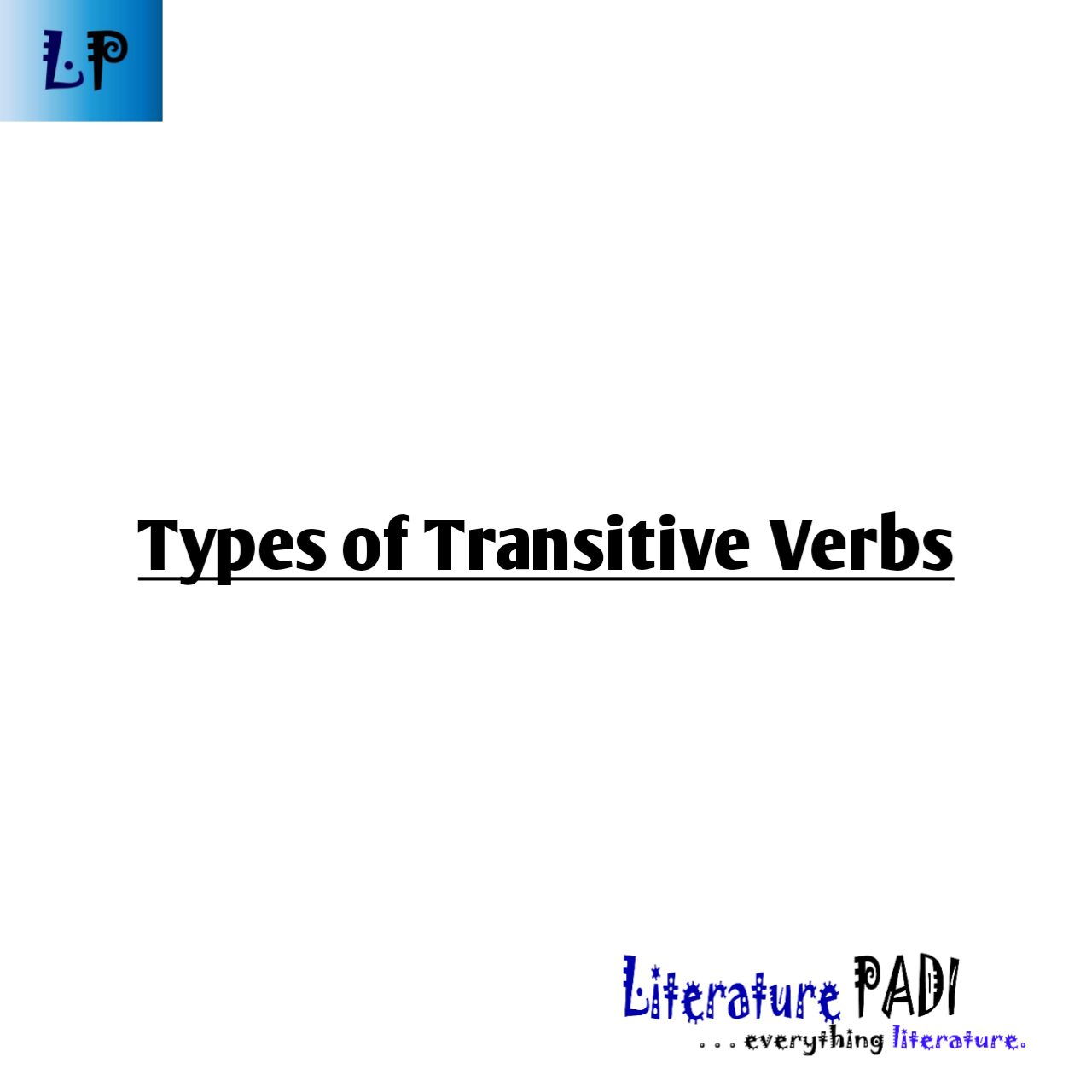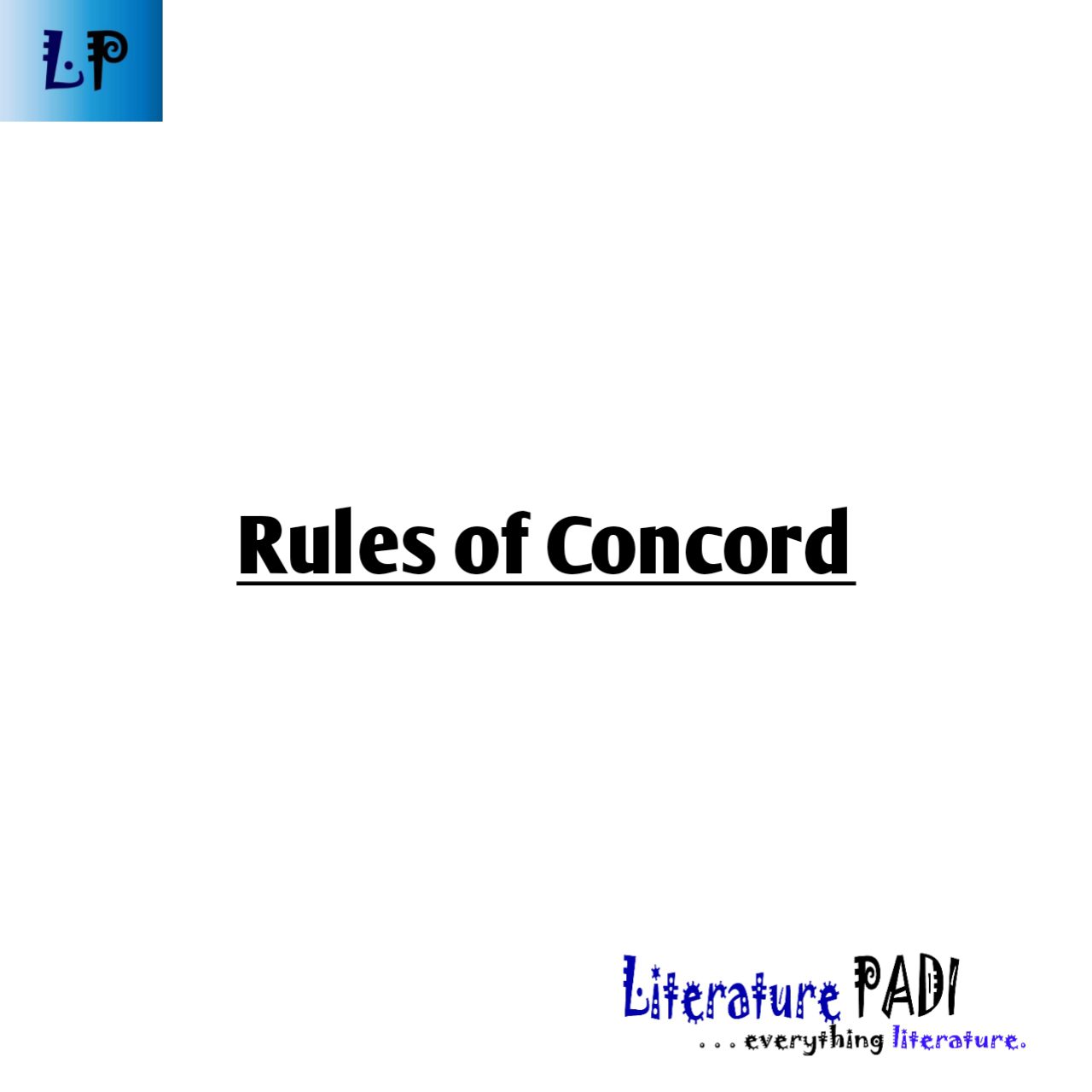Primary/Secondary Auxiliary
There are three main primary auxiliaries; BE, HAVE, and DO.
Verb BE has eight forms. They are: “is”, “am”, “are”, “was”, “were”, “be”, “being”, and “being” – altogether five finite and three non-finite verbs. There are two primary functions of the verb BE:
(a) To show progressive aspect.
(b) To show passive voice.
Note: You cannot change active into passive without BE. Examples:
▪️ I was slapped.
▪️ They have been passed.
HAVE is in four forms, namely: “have”, “has”, “had” and “having” – altogether three finite and a non-finite verbs respectively. The primary function of HAVE is that it shows perfect aspect – whether an action or state has been completed at the present time, in the past, or shall be completed in the future. Example:
▪️ They HAVE finished exam.
DO has three variants when considered as an auxiliary verb: “do”, “does” and “did”. However, when considered as a lexical verb, it has five variants: “do”, “does”, “did”, “doing” and “done”. In this context, we are concerned with DO as an auxiliary verb.
The primary functions of DO are:
(a) To show emphasis. Examples:
▪️ He does come every week.
▪️ She did fail the exam.
(b) DO-support. Examples:
▪️ She does love playing football.
▪️ Did she come last week?
▪️ Did the man slap the boy?
How many variants of primary auxiliary do we have in English? There are fifteen (15) variants of primary auxiliary in English.
Modal Auxiliary
There are nine true modal auxiliaries; eight of them are in pairs: “can/could”, “shall/should”, “will/would”, “may/might”, and “must”.
Modal auxiliaries are usually followed by verbs in their base form.
“Can/could” are used to express ability. The ability can be acquired or natural. Example:
▪️ I can speak Yoruba language.
“Can/could” are also used for permission. Example:
▪️ You can use my car.
“May” can be used to express possibility or probability. Examples:
▪️ All things being equal, our exam may start by December (possibility).
▪️ It may rain today (probability).
▪️ He shall buy a book (command or injunction).
▪️ He must buy a book (obligatory).
“Will” can be used to talk about willingness.
 WHATSAPP: Click HERE to join the new Literature PADI WhatsApp group to receive latest updates on your phone and for further literary discussions!
WHATSAPP: Click HERE to join the new Literature PADI WhatsApp group to receive latest updates on your phone and for further literary discussions!











